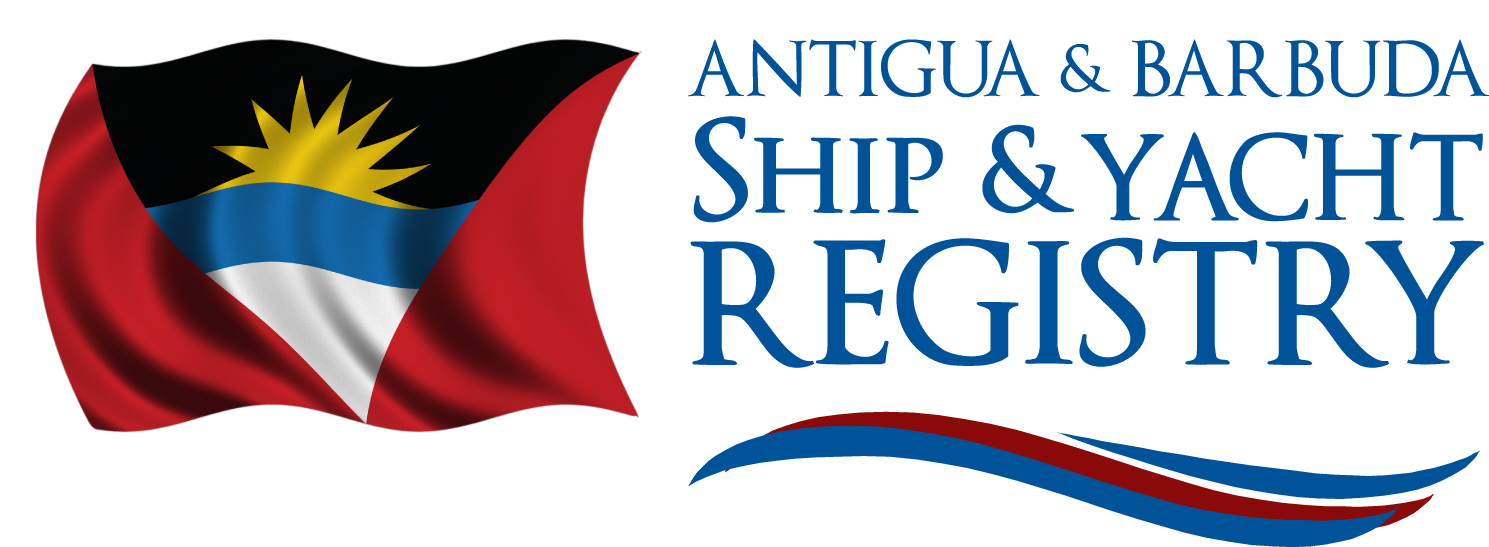International Representation
- Home
- /
- Maritime Affairs
- /
- International Representation
INTRODUCTION
Antigua and Barbuda is party to all IMO mandatory instruments and major conventions. With a Quality Management System (QMS) that is ISO 9001:2015 certified, ADOMS embodies a cohesive set of modern national shipping legislation, which reflects mandatory IMO instruments, international norms and best practices, covering aspects of safety, security, seafarers’ welfare, and the requirements for cleaner oceans and sustainable shipping.
Attendance at IMO Meetings
An ADOMS delegation routinely attends IMO Committee and Sub-Committee Meetings and actively participates in related working groups and correspondence groups. Active participation at IMO meetings enables Antigua and Barbuda to not only influence the global shipping regulatory regime but to also keep abreast of regulatory developments to be able to provide quality and timely advice on technical matters to its shipowners.
About IMO
A specialized agency of the United Nations, the IMO’s main role is to create a regulatory framework for the shipping industry that is fair and effective, universally adopted and implemented. Its remit today includes safety, environmental concerns, legal matters, technical co-operation, maritime security, and the efficiency of shipping.
IMO’s specialized committees and sub-committees are the focus for the technical work to update existing legislation or develop and adopt new regulations, with meetings attended by maritime experts from Member Governments, together with those from interested intergovernmental and non-governmental organizations.
The result is a comprehensive body of international conventions, supported by hundreds of recommendations governing every facet of shipping. There are, firstly, measures aimed at the prevention of accidents, including standards for ship design, construction, equipment, operation and manning. Key treaties include SOLAS, the MARPOL convention for the prevention of pollution by ships and the STCW convention on standards of training for seafarers.
Then there are measures which recognize that accidents do happen, including rules concerning distress and safety communication, the International Convention on Search and Rescue and the International Convention on Oil Pollution Preparedness, Response and Co-operation.
Thirdly, there are conventions which establish compensation and liability regimes – including the International Convention on Civil Liability for Oil Pollution Damage, the convention establishing the International Fund for Compensation for Oil Pollution Damage and the Athens Convention covering liability and compensation for passengers at sea.


